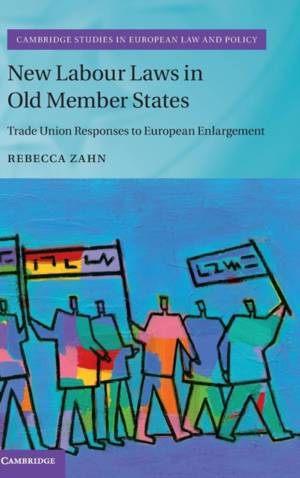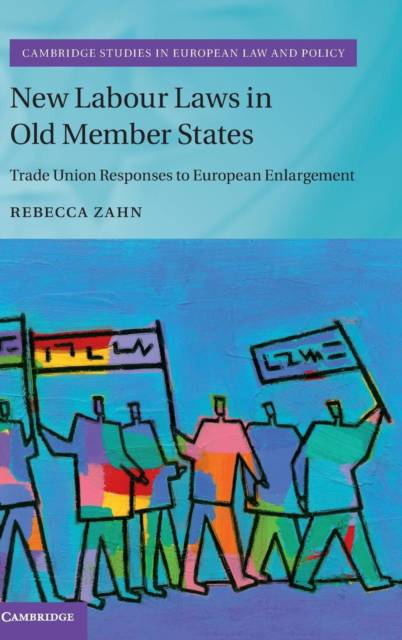
- Afhalen na 1 uur in een winkel met voorraad
- Gratis thuislevering in België vanaf € 30
- Ruim aanbod met 7 miljoen producten
- Afhalen na 1 uur in een winkel met voorraad
- Gratis thuislevering in België vanaf € 30
- Ruim aanbod met 7 miljoen producten
Zoeken
€ 201,95
+ 403 punten
Uitvoering
Omschrijving
The enlargement of the EU in 2004 and 2007 has led to greatly increased free movement of workers from 'new' to 'old' member states. The unprecedented scale of this migration has had a profound impact on the regulation of labour law in Europe. This book compares the ways trade unions have responded to the effects of the enlargements, and in particular to the increased migration of workers across borders. It undertakes a contextualised comparison of trade union responses in Austria, Germany, Ireland, Sweden and the UK, and examines the relationship between trade unions and labour law at a national and European level. This analysis illustrates how trade unions can use law to better respond to changing regulatory and opportunity structures, and indicates the kinds of laws that would benefit trade unions at a national and European level.
Specificaties
Betrokkenen
- Auteur(s):
- Uitgeverij:
Inhoud
- Aantal bladzijden:
- 374
- Taal:
- Engels
- Reeks:
Eigenschappen
- Productcode (EAN):
- 9781107037335
- Verschijningsdatum:
- 11/05/2017
- Uitvoering:
- Hardcover
- Formaat:
- Genaaid
- Afmetingen:
- 152 mm x 229 mm
- Gewicht:
- 671 g

Alleen bij Standaard Boekhandel
+ 403 punten op je klantenkaart van Standaard Boekhandel
Beoordelingen
We publiceren alleen reviews die voldoen aan de voorwaarden voor reviews. Bekijk onze voorwaarden voor reviews.











